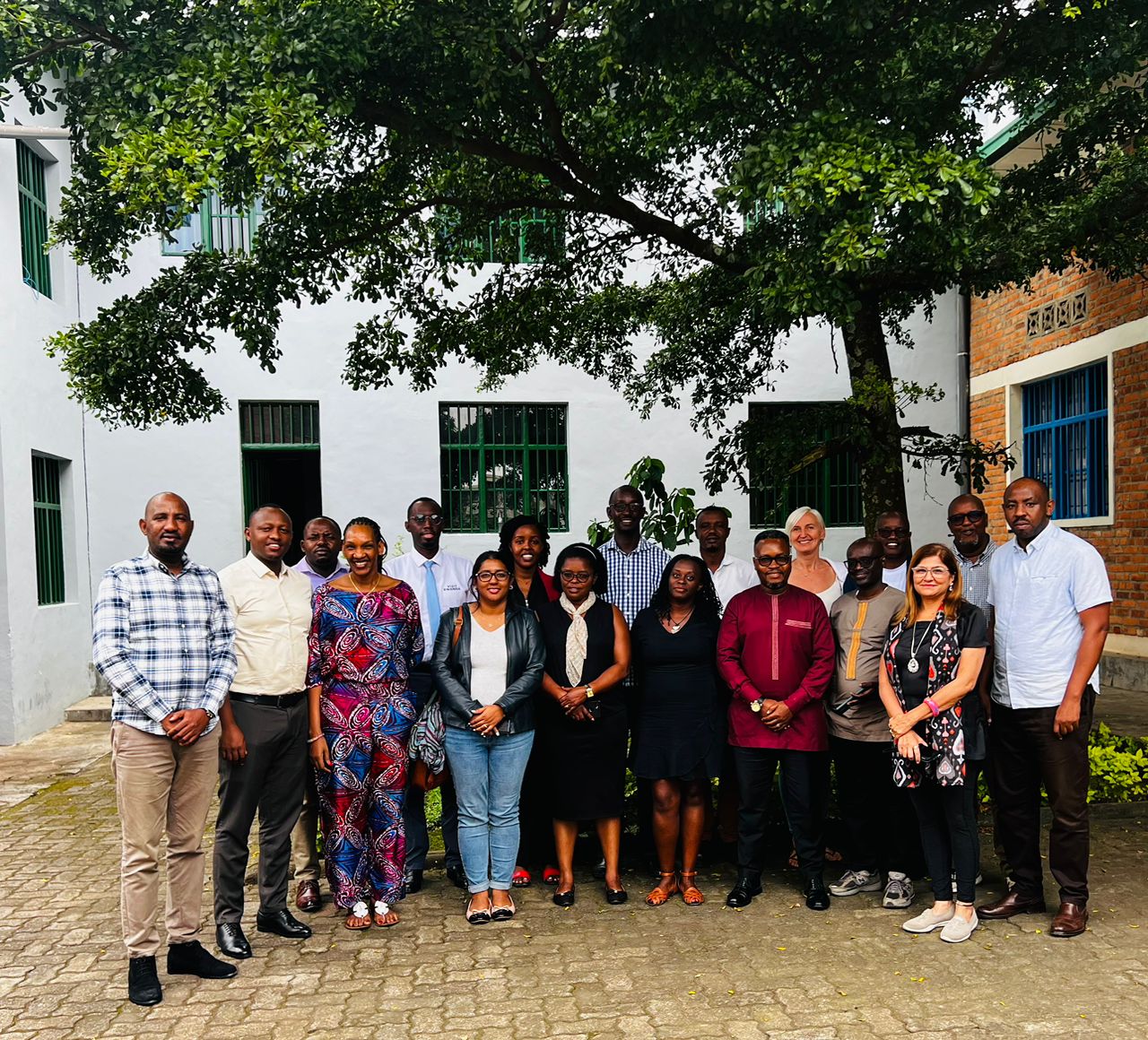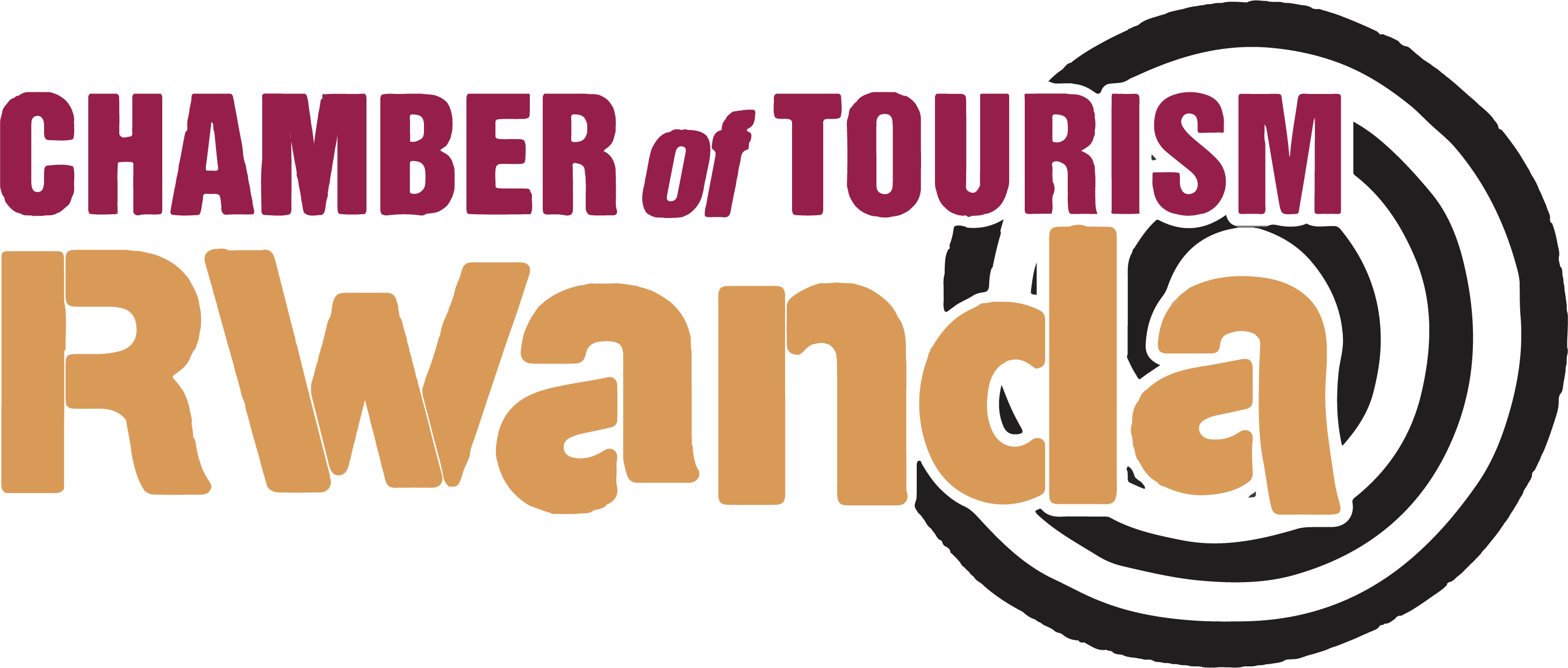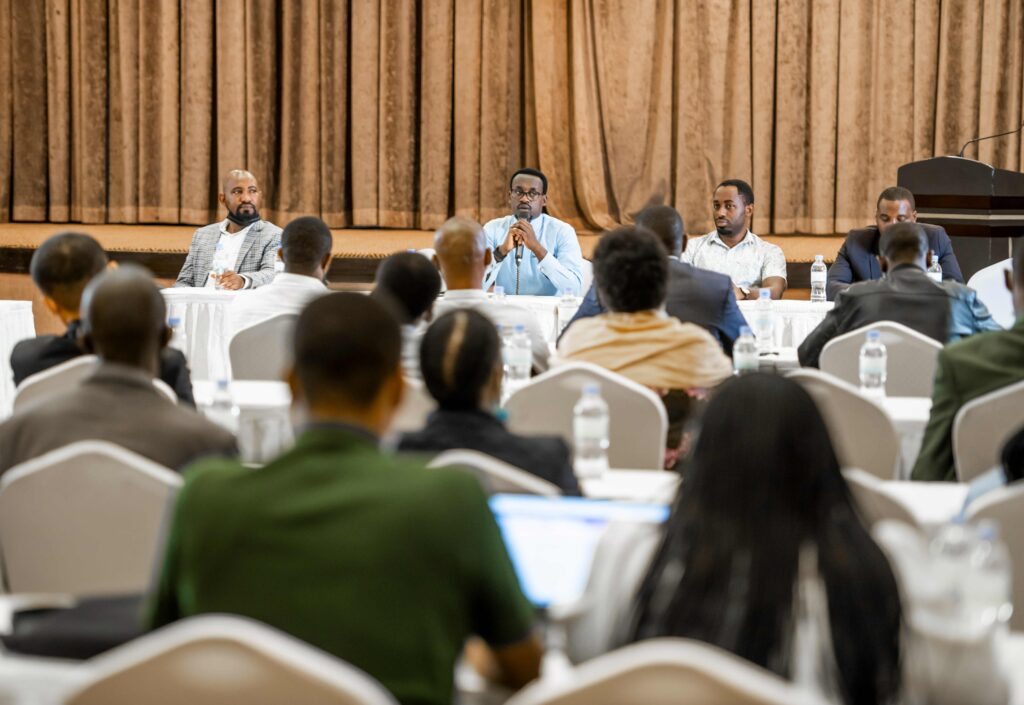CAPACITY BUILDING
We believe in the power of knowledge and continuous learning. Through capacity building programs/initiatives, we empower our members with adequate knowledge and skills, resources, tools to thrive in the ever-evolving tourism landscape. We provide training programs, workshops and educational opportunities that enhance professional development, foster innovation, and promote sustainable practices.
The Rwanda Chamber of Tourism (RCOT) has actively engaged in capacity building within the tourism industry, emphasizing the enhancement of skills and expertise among industry professionals. In collaboration with various partners, the RCOT has facilitated comprehensive training programs for a significant number of staff members in the sector. These training sessions encompass a wide array of critical topics, crucial for the development and growth of the tourism industry.
Key areas of focus include:
- Understanding and adapting to international trade agreements relevant to the tourism sector.
- Effective marketing strategies to promote tourism destinations.
- Ensuring high standards of food hygiene and safety in hospitality services.
- Leveraging digital tools and platforms for marketing and promotion.
- Developing effective pricing strategies and sales techniques.
- Gaining insights into the preferences and behaviors of both local and regional tourists.
- Creating attractive travel packages that incorporate multiple destinations.
- Innovating and developing new products and services in the tourism industry.
These initiatives by the RCOT reflect a commitment to elevating the overall quality and competitiveness of Rwanda's tourism and hospitality industry, adapting to evolving market demands and global trends.



